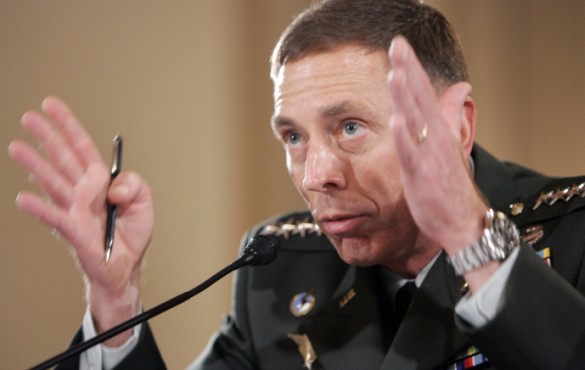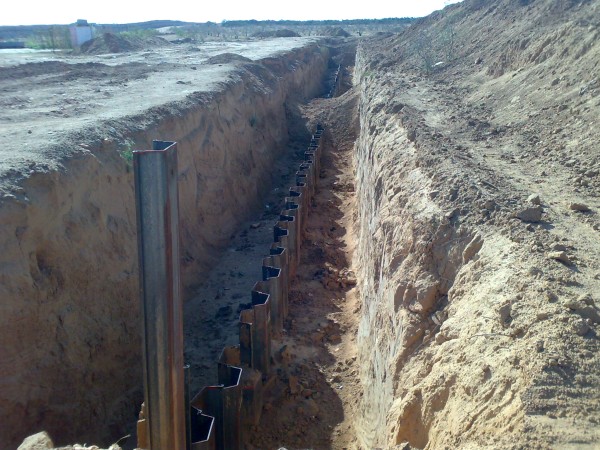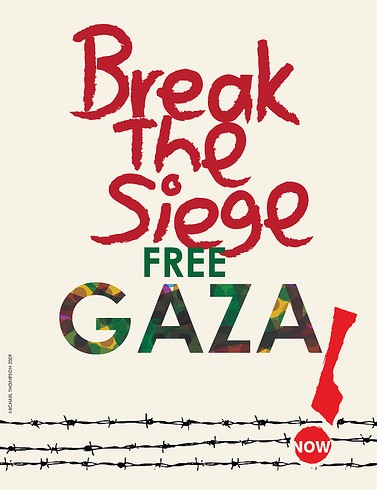Israel deports US journalist
By Rory McCarthy, The Guardian, January 20, 2010
Israeli authorities today deported an American journalist who was working as an editor for a Palestinian news agency.
Jared Malsin, who is Jewish and in his late 20s, was detained at Tel Aviv’s Ben Gurion airport eight days ago as he returned from a holiday in Prague.
His girlfriend, a Lutheran church volunteer who flew back with him, was deported two days later., but Malsin was held in detention at a cell in the airport while he began a legal challenge to his deportation order.
Early today Malsin, who has worked with the Ma’an news agency for two years as its English news editor, spoke by telephone to a colleague to say he was being deported and was then put on a flight to New York. “He was not in a good place. He sounded very confused,” said George Hale, a staff writer at Ma’an.
Sabine Hadad, a spokeswoman for the Israeli interior ministry, said Malsin had refused to answer questions and co-operate with security staff when he landed at the airport last week. “It is the minimal right of every immigration authority to ask questions or to clarify things that are not clear about every person who wants to enter Israel,” she said. “He refused to co-operate and we told him if he continued to refuse he would not enter Israel.”
Hadad said they did not know Malsin was a journalist until they were contacted by the press about his detention.
However, Hale said Malsin was interrogated repeatedly and was asked about articles he had written from the occupied West Bank that were critical of Israeli policies. Hale said Malsin had briefly overstayed his last tourist visa, but was registered as a journalist with the Palestinian Authority and with the authority’s labour ministry. He had applied for an Israeli government-issued press card, which most foreign journalists here carry, but was told it would not be granted because he was based in Bethlehem, in the West Bank. [continued…]
Israel accused of silencing political protest
By Ben Hubbard, AP, January 19, 2010
Israel is arresting a growing number of prominent opponents to its policies toward the Palestinians, say critics who are accusing the government of trying to crush legitimate dissent.
In the most high-profile case yet, Jerusalem police detained the leader of a leading Israeli human rights group during a vigil against the eviction of Palestinian families whose homes were taken by Jewish settlers. [continued…]
What the Gaza war meant for Israel
By Orly Halpern, Al Jazeera, January 19, 2010
Last month the Association of Civil Rights in Israel (ACRI) revealed an alarming trend in its annual survey on the protection of human rights in Israel and the Occupied Territories – the conditioning of rights.
“The realisation of the entire spectrum of rights is now more than ever dependent on what we say or believe, what ethnic group we belong to, how much money we have, and more,” says the ACRI.
“We have the freedom to express ourselves and demonstrate – only if we don’t say anything displeasing; we have the right to equal treatment and opportunities – only if we are “loyal” to the state.”
In the streets, the Israeli security forces are waging a war against protests by Jewish left wing and human rights activists, who non-violently protest against Israel’s separation barrier or against Jewish settlers taking over Palestinian homes in East Jerusalem.
Many have been arrested and some were attacked by the security forces.
However, right-wingers protesting against the government’s decision to temporarily freeze building in settlements are accorded much more leniency by Israeli law enforcement agencies.
During Operation Cast Lead about 800 Israeli citizens, most of them Arab, were arrested, with criminal charges brought against most of them.
In a recent editorial, the Israeli daily newspaper Ha’aretz called the arrests “an evil omen regarding the state’s attitude toward protesters” and said that as a result, “concern is growing over Israel’s image as a free and democratic country”. [continued…]
Israel withholding NGO employees’ work permits
By Amira Hass, Haaretz, January 20, 2010
The Interior Ministry has stopped granting work permits to foreign nationals working in most international nongovernmental organizations operating in the Palestinian territories, including East Jerusalem, Haaretz has learned.
In an apparent overhaul of regulations that have been in place since 1967, the ministry is now granting the NGO employees tourist visas only, which bar them from working.
Organizations affected by the apparent policy change include Oxfam, Save the Children, Doctors Without Borders, Terre des Hommes, Handicap International and the Religious Society of Friends (a Quaker organization). [continued…]
Israel targets Palestinian anti-wall activists
By Omar Karmi, The National, January 18, 2010
Jamal Juma’ could not help but laugh at one of the accusations he said he had been threatened with while in Israeli detention.
“They said they would indict me for links to Hizbollah. They didn’t like it when I started laughing,” Mr Juma’, a lifelong communist, said on Sunday, five days after his release.
He was talking in an office in Ramallah at the headquarters of the Stop the Wall organisation, of which he is a coordinator. Stop the Wall is a Palestinian grassroots effort dedicated to peaceful and popular resistance against the separation barrier Israel is building up and down the occupied territories. [continued…]

 The siege of Gaza, which Israeli tightened when Hamas took control in June 2007, makes women’s lives much more complicated.
The siege of Gaza, which Israeli tightened when Hamas took control in June 2007, makes women’s lives much more complicated.

